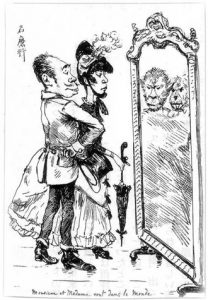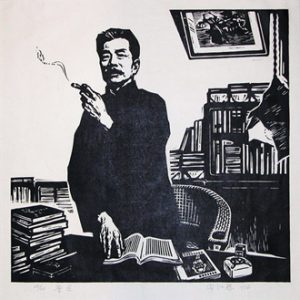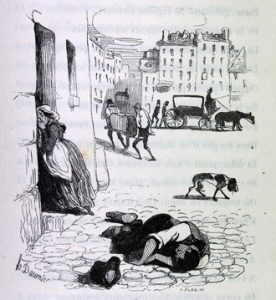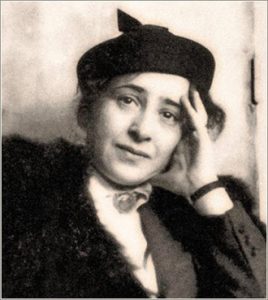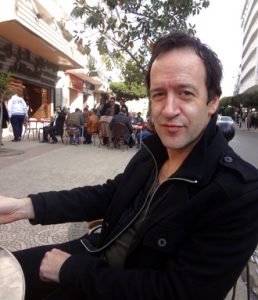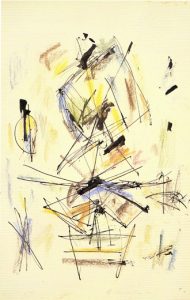Estelle Zhong studies here a very interesting case of artistic commitment undertaken in a new mode imposed by the contemporary international political context as it relates to war. Establishing “conversation” as a new political strategy does not necessarily culminate in an object that can be likened to a “work.” And yet, there really is ...
Arts & Sociétés
Letter of Seminar
Passion for Equality 2011-2012
-
-
# 60 | Pillages and Restitutions | Bénédicte Savoy
Through her fundamental work on the despoliation of artworks, Bénédicte Savoy reminds us that this has been an issue of importance for people’s memories since the time of Antiquity. In fact, it already was such an issue in Aeschylus’ Agamemnon. In the present text, Savoy brings out for us the recurring motifs in debates ...
-
# 59 | The War of the Models | Michael Lucken
What kind of war do countries plunge themselves into when they claim to be the source of some sort of novelty? While exact reproduction may be more profitable, this does not suffice to ensure the reputation of a country or an industry that has to innovate in order to dominate. Michael Lucken studies Japan, ...
-
# 56 | Chinese Art | Estelle Bories
Estelle Bories, who wrote her dissertation at the Paris Institute of Political Studies (Sciences Po) on contemporary Chinese art, reexamines for us the historical context within which this issue emerged. She is interested in the origins of the Chinese avant-garde, in the Woodcut Movement, and in the internationalist standpoint adopted by the writer Lu ...
-
# 55 | Madness, Equality, Democracy | Laure Murat
Laure Murat is a historian and a professor in the Department of French and Francophone Studies at UCLA. She has published several outstanding books, the most recent of which, L’Homme qui se prenait pour Napoléon. Pour une histoire politique de la folie (Gallimard, 2011), is of fundamental importance. She reexamines for us the relationships between ...
-
# 53 | Social Question | Fabienne Chevallier
Fabienne Chevallier studies the connections between architecture, urban planning, hygienics, and politics. Here, she looks at the cholera epidemic of 1932 in Paris, where the inequality before life was confirmed to be a determining factor for inequality before death. The official decrees recommending expensive and inaccessible forms of nourishment—grilled meats and fish—were no more ...
-
# 52 | Masses and Culture | Rémi Baudouï
Rémi Baudouï is known for his studies on urban planning and his recent publication work editing Le Corbusier’s correspondence. He rereads Hannah Arendt for us, setting her writings on culture back into a broad historiographical context. The better to grasp her thought overall, he does not confine himself to the much-talked-about texts brought together ...
-
# 51 | Avoiding Racism | Todd Shepard
Todd Shepard, who teaches at Johns Hopkins University, devotes his research work to France and its colonial empire in the twentieth century. His first book, The Invention of Decolonization: The Algerian War and the Remaking of France (Ithaca, NY: Cornell University Press, 2006), was translated into French as 1962. Comment l’indépendance algérienne a transformé ...
-
# 50 | The Artist excepted | Nathalie Heinich
In her last book, De la visibilité. Excellence et singularité en régime médiatique, Nathalie Heinach studied “visibility capital,” which grants a form of superiority to those who possess it. This phenomenon, which was constantly growing in scope throughout the twentieth century, offered her the opportunity to reexamine the notion of the “total social fact,” ...
-
# 49 | The Rights of Works | Maureen Murphy
We are familiar with the foundational book written by Maureen Murphy, L’imaginaire au musée. Les arts d’Afrique entre Paris et New York de 1931 à 2005 (Les Presses du Réel, 2009). Here, Murphy reexamines how non-Western works of art have been treated, from the moment when they were placed on the bottom rung of the evolutionary ...

